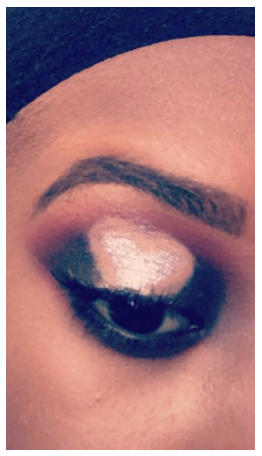Federal minimum wage must be raised to keep up with living costs

Being a full-time college student isn’t easy, nor is paying for college tuition. Combine that with the fact that most college students work part-time jobs for minimum wage, and you have a recipe for disaster.
The New York State (and federal) minimum wage is a whopping $7.25 per hour. Even if you work forty hours a week, you will only earn $290. Convert that to a yearly total and you’re around $16,000, which is just skating by the $11,000 poverty line. Deduct state and federal taxes from that and that total gets even lower.
Some may argue that the reason you’re going to college is so that you can obtain a good career and not have to worry about working for minimum wage. Is that really a guarantee though?
Times are different than they used to be. I’ve had many conversations with people who said college wasn’t a priority to them when they were in high school. Not long ago, a college education just wasn’t necessary to get a decent job at a livable wage. Now we spend thousands and thousands of dollars on student loans just to be able to go even go to college. That tuition money doesn’t guarantee us a degree just as a degree no longer guarantees a good paying job.
Jobs keep continuing to either be eliminated or outsourced.
There are many good reasons why the federal and New York State minimum wages should be raised.
Plainly put, the people want it raised. A study done by Hart Research Associates concluded that 80 percent of Americans would approve of raising the minimum wage.
Too many people live check to check. Most of their money needs to go towards bills and the simple necessities for life. According to economist James Galbraith, raising the minimum wage would raise the incomes of 28 million Americans.
Certain politicians believe in the trickle-down effect but it has been long enough, the trickle down just doesn’t work. Raising the minimum wage would put more money into the pockets of those that are living check to check so that they could go out and buy things and stimulate the economy rather than all the money being in the hands of the wealthy investing it into stocks.
The gap between the highest and lowest paid individuals keeps increasing. Raising the minimum wage will help to curb that trend and get more people above the poverty line.
Higher wages also mean happier employees, which will lead to increased productivity and lower turnover rates.
Increasing the minimum wage just makes sense. The cost of living keeps rising while the minimum wage has stayed the same.
The state of New York has taken some of the right steps; it approved its budget this past year, which called for a $9 minimum wage and a middle class tax rebate. The budget doesn’t do it all at once though. It raises it to $8 by the end of 2013, $8.75 by the end of 2014, and $9 by the end of 2015.
That sounds good on paper, but here we are in the first week of December with less than a month left in 2013 and we have heard nothing about the increase to $8.
The Federal government has also tried to implement its own version of that program which is called the Fair Minimum Wage Act. It would raise it from $7.25 to $10.10, by implementing three increases of $0.95 over two years, but that bill hasn’t had much support until just recently.
Some of the right steps are being taken on both the state and federal levels. Let’s continue this trend of speaking up about the minimum wage and we may see such legislation come to fruition.
Email: [email protected]










